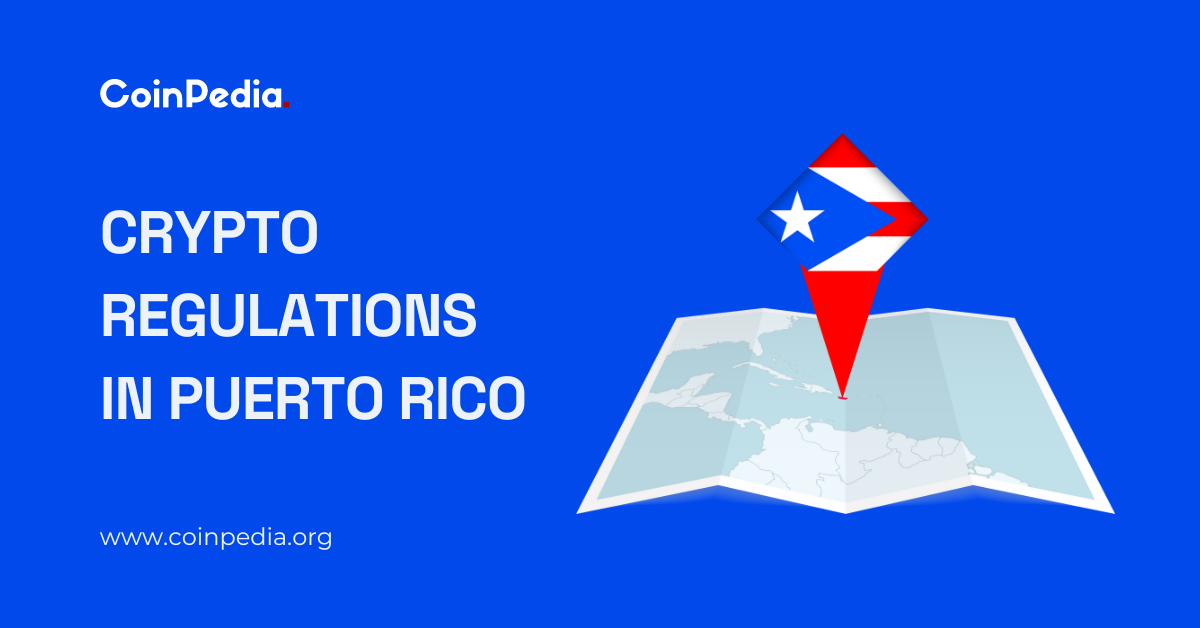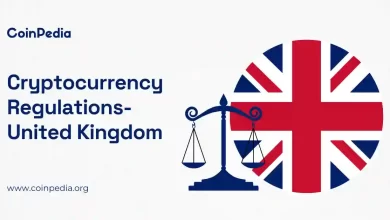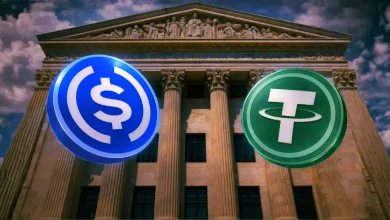
Puerto Rico is also known as a powerful ‘crypto utopia’. It is considered one of the most crypto-friendly environments for its unique tax regimes. The nation has earned the title of ‘hub for cryptocurrency enthusiasts’ as people from across the world are moving to Puerto Rico to take advantage of its favorable cryptocurrency policies. With its light but appropriate crypto laws, Puerto Rico is attracting individuals seeking to build blockchain-based businesses.
Table of contents
Crypto Regulations in Puerto Rico
- No additional laws: As of 2025, Puerto Rico has not implemented any new laws regarding cryptocurrencies. There are some already existing crypto regulations ongoing, like Bona Fide Tax. According to this bill, individuals who meet the specifications for Puerto Rico residents can enjoy 0% capital tax gains on cryptocurrency trades in Puerto Rico.
- Fair trade policy: In April 2025, US Congresswoman Nydia M. Velázquez introduced the ‘Fair Taxation of Digital Assets in Puerto Rico Act’ to end the tax-free crypto regime. However, Puerto Rico’s governor, Jennifer Gonzalez-Colon, counter-proposed this act by extending Act 60 until 2055.
- AML: Since Puerto Rico is considered a US territory, it is obligated to comply with anti-money laundering (AML) and Foreign Account Tax Compliance Act (FATCA) policies in crypto engagements.
Crypto regulation table in Puerto Rico
| Regulation | Details | Date |
| San Juan Mercantile Exchange | Custody and settlements for digital assets | July 30, 2023 |
| Act 60-2019 | ‘Incentives Act’ to apply zero percent crypto tax | Implemented January 1, 2020 |
| Act 20-January 17, 2012 | ‘Export Services Act’- exempt from taxation | Implemented January 1, 2020 |
| Act 22-2012 | ‘Individual Investor Act’- to provide incentives to residents | Implemented January 1, 2020 |
What is the Puerto Rico Government Saying About Crypto
- The Office of the Commissioner of Financial Institutions (OCFI): The primary body overseeing crypto activities in Puerto Rico. Under Act 273, the OCFI authorizes the VASP operations. In Virtual Asset Service Providers, it handles risk management frameworks and licenses.
- Federal Regulators: As a US territory, Puerto Rico is also subject to the Securities and Exchange Commission (SEC) and the Financial Crimes Enforcement Network (FinCEN).
- Recently, the Puerto Rico government decided to extend the tax haven status, renouncing the US Congresswoman’s new bill announcement.
Crypto License in Puerto Rico
Registration: Wallet providers, crypto exchanges, and companies involved with cryptocurrencies are required to register as Money Services Businesses (MSBs) with the US Financial Crimes Enforcement Network (FinCEN).
VASP License: Licensing Requirement Under Act 136-2010 is essential for – crypto exchanges, stablecoin issuers, wallet providers with transfer functionality, and operators of Bitcoin Teller Machines (BTM).
Compliance: The Office of the Commissioner of the Financial Institutions (OCFI) is the primary body providing the licences. It is essential for all entities to comply with anti-money laundering (AML) and know your customer (KYC) policies.
Application: Applicants are required to submit their detailed applications through the Nationwide Multistate Financial System (NMLS).
Minimum Funds Requirement: Minimum net worth to acquire a license is $500,000; minimum liquid assets required to be: $100,000; Surety bond: $500,000 for one office, plus $10,000 per additional location
Crypto Tax in Puerto Rico
The current crypto tax jurisdiction is under Act 60.
| Category | Tax Rate | Details |
| Capital gains tax (individual) | 0% (for bona fide residents) | Only on crypto acquired and sold after moving to PR |
| Corporate crypto income | 4% | Only Puerto Rican corporations |
| Federal taxes | 0% on qualifying gains | US CGT not applied if requirements met |
| Pre-move gains | US tax rates apply | Gains on capital acquired before moving to PR |
EXAMPLE: If a Bitcoin is bought in the US and later sold in Puerto Rico, only the gains after the sale will be exempted from tax, and the gains acquired in the US will still be subject to tax.
Crypto Adoption Rate in Puerto Rico: No public disclosure yet, generally recognized as a crypto hub. Several factors indicate the growing crypto adoption rate in Puerto Rico.
Puerto Rican Government Crypto Holdings: Not disclosed yet; policies focusing on a tax-free regime with safety and transparency on crypto activities.
Conclusion
While Puerto Rico offers a tax-friendly environment for its citizens, it is important to note that the country does not have a separate tax law for crypto. All the crypto regulations are included in the federal law designed to maintain the local scenario of the country. It is crucial to understand that, if the residency requirements are not met in Puerto Rico, an individual may be subject to tax liabilities, fines, and penalties.
Never Miss a Beat in the Crypto World!
Stay ahead with breaking news, expert analysis, and real-time updates on the latest trends in Bitcoin, altcoins, DeFi, NFTs, and more.
FAQs
Yes, crypto is allowed in Puerto Rico and widely used under favorable tax laws like Act 60, making it a popular crypto-friendly hub.
The Office of the Commissioner of Financial Institutions (OCFI) handles VASP licensing; SEC and FinCEN also have authority.
Yes, if they become bona fide residents and meet Act 60 rules, post-move crypto gains are exempt from U.S. capital gains tax.
If you qualify as a Puerto Rico resident under Act 60, you pay 0% on capital gains and 4% on corporate crypto income.
Trust with CoinPedia:
CoinPedia has been delivering accurate and timely cryptocurrency and blockchain updates since 2017. All content is created by our expert panel of analysts and journalists, following strict Editorial Guidelines based on E-E-A-T (Experience, Expertise, Authoritativeness, Trustworthiness). Every article is fact-checked against reputable sources to ensure accuracy, transparency, and reliability. Our review policy guarantees unbiased evaluations when recommending exchanges, platforms, or tools. We strive to provide timely updates about everything crypto & blockchain, right from startups to industry majors.
Investment Disclaimer:
All opinions and insights shared represent the author's own views on current market conditions. Please do your own research before making investment decisions. Neither the writer nor the publication assumes responsibility for your financial choices.
Sponsored and Advertisements:
Sponsored content and affiliate links may appear on our site. Advertisements are marked clearly, and our editorial content remains entirely independent from our ad partners.







